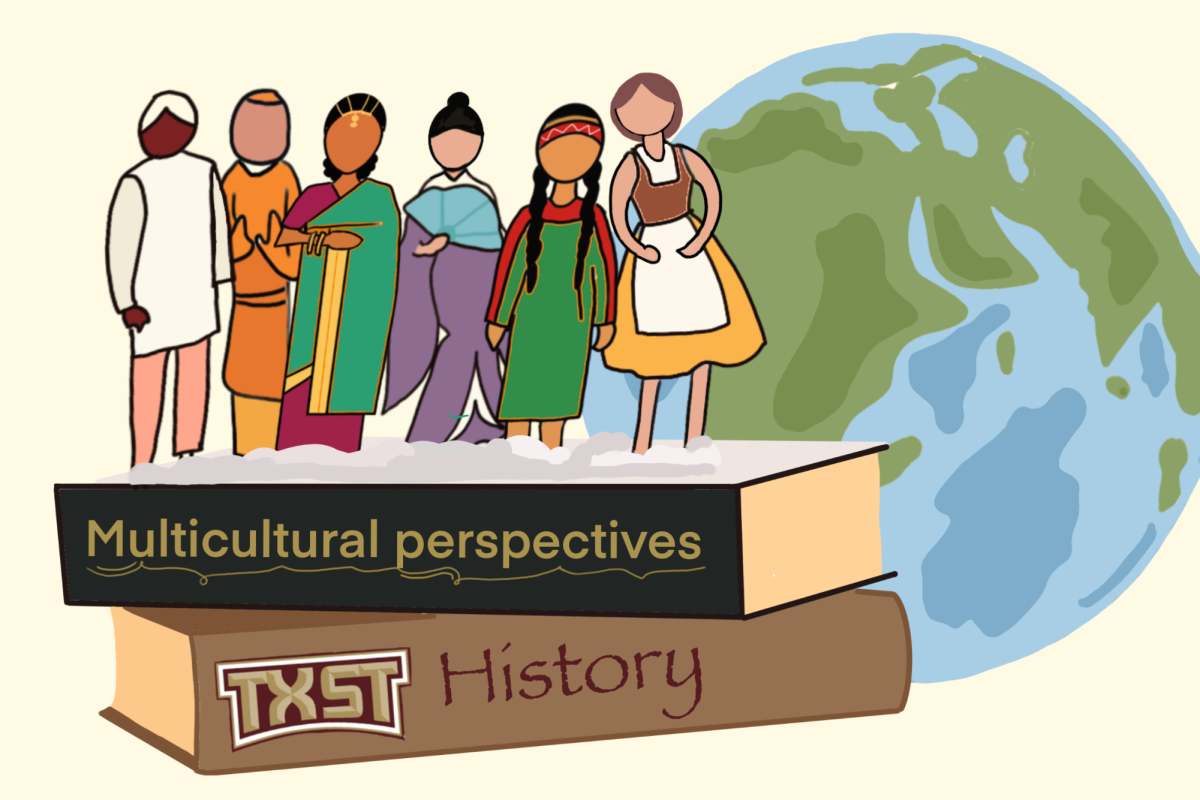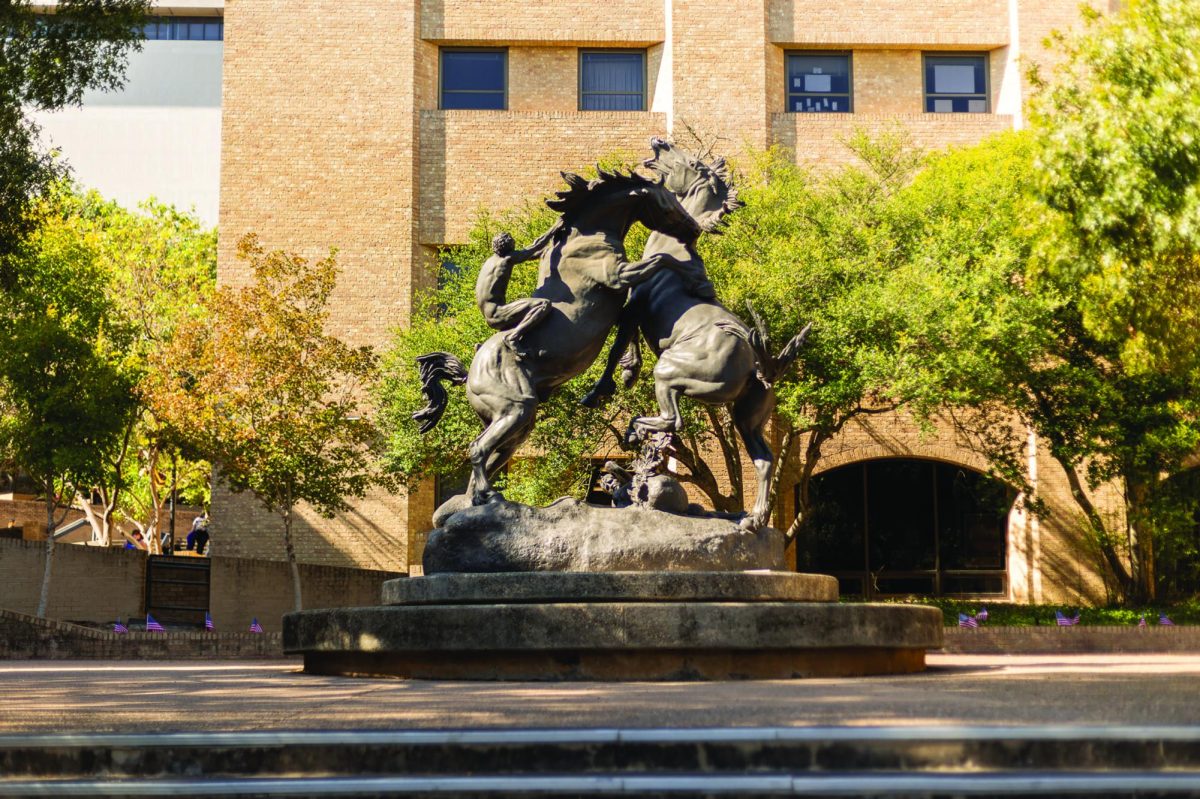By K. Brandon Perez, history major
This is a response to the March 21 opinions column: “Millennials are destined to change the world.”
No other word in the English language brings me more grief than the word millennial. This name, was given to us and first coined by Neil Howe, in his groundbreaking novel authored with William Strauss,“Millennials Rising: The Next Great Generation.” In this book, the authors make impressively accurate predictions about the future of our generation.
For example, they correctly predicted that our generation would be more liberal. They also predicted that our generation would be less sensitive to race, meaning that millennials are less racist than the previous generations. The authors had their criticisms, but nonetheless, they kept their content centered on facts. It’s good to know that there are older individuals who don’t completely hold my generation in contempt.
However, I want to do something that is a little unpopular and in contrast to the column I’m responding to. The author of the column, in a stumbling attempt to redeem our generation, utterly fails to even highlight why these older generations even view us with such contempt, to begin with. I know it may seem from our pretty little perspectives that the older generations are simply wrong about us, but unfortunately for our egos, their comments are not entirely unfounded.
The author’s first attempt to defend our generation’s reputation comes from her observations of the various student protests, which take place in the Quad by the stallions. While anyone who passes the Quad can clearly see the students exercising their American right to free speech, I would to beg to differ on her assertion that millennials are more empathetic. According to an interesting study I’ve come across, millennials’ empathy levels have actually dropped from the previous generation.
The article was published in the Jan. 2011 issue of Scientific American by Jamil Zaki of Stanford University’s Social Neuroscience Laboratory. Zaki highlights a study tackling the issue of empathy among young Americans. Zaki writes, “since the creation of the Interpersonal Reactivity Index in 1979, tens of thousands of students have filled out this questionnaire while participating in studies examining everything from neural responses to others’ pain to levels of social conservatism.”
Konrath and her colleagues took advantage of this wealth of data by collating self-reported empathy scores of nearly 14,000 students. She then used a technique known as cross-temporal meta-analysis to measure whether scores have changed over the years. The results were startling: almost 75 percent of students today rate themselves as less empathic than the average student 30 years ago. While this information may seem bleak, I don’t inherently believe we as a generation wholly lack empathy. We just simply lack more of it than previous generations. I believe this is because of a multitude of reasons only some of which I will write about here. The problems plaguing our generation could fill entire volumes of text.
The lack of empathy stems from our use of social media. In the column, Millennials are Destined to Change the World the author praises our social media usage and goes on to assert that “The rise of social media and the globalization of communication have made it impossible for millennials to ignore what is happening in the world.” In reality, nothing could be further from the truth. Things like Twitter, Snapchat, Netflix, YouTube and Instagram are, at their very base level, nothing but a distraction. They allow us to escape the stress of real life; things like politics and social change become far less important to whatever is on Twitter.
I am not anti-social media or anti-media, after all, people need distractions. What I do have a problem with is social media is beginning to define us, and not in a positive way. I think it’s sad looking at all the bright young people around the Quad with their faces buried in a screen.
This kind of behavior is pathetic. How weak are we as a generation when we, the future leaders of America, cannot imagine a day without our phones. I would much rather be defined by the bridges we build, and the accomplishments we achieve, rather than the selfies we take.
Categories:
Response to “Millennials are destined to change the world.”
April 18, 2017
0
Donate to The University Star
Your donation will support the student journalists of Texas State University. Your contribution will allow us to purchase equipment and cover our annual website hosting costs.
More to Discover







